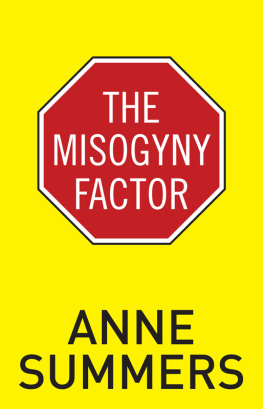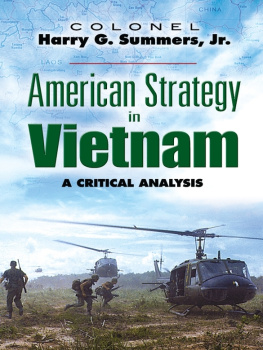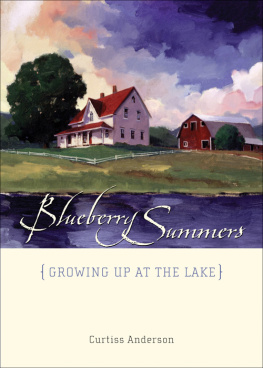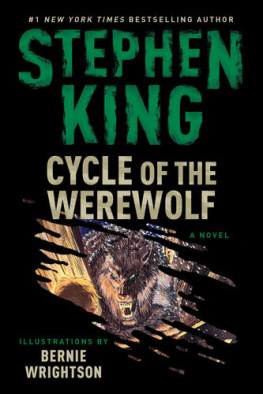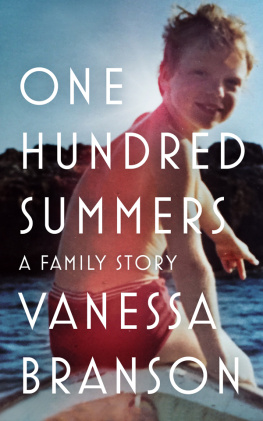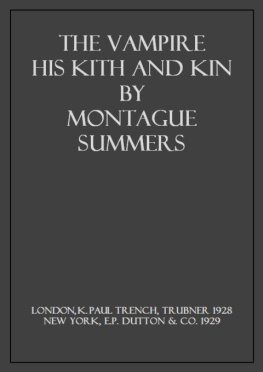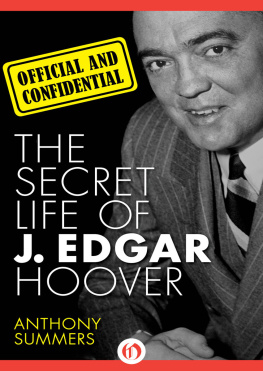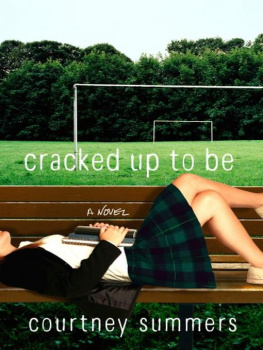SWEET SUMMERS
THE CLASSIC CRICKET WRITING OF
JM KILBURN
Winner of the Wisden Cricket Book of the Year 2009
Edited by
Duncan Hamilton
GREAT NORTHERN
Great Northern Books
PO Box 213, Ilkley, LS29 9WS
www.greatnorthernbooks.co.uk
Duncan Hamilton, The Estate of J M Kilburn,
Yorkshire Post, Wisden, The Wisden Cricketer.
Every effort has been made to acknowledge correctly and contact the copyright holders of material in this book. Great Northern Books Ltd apologises for any unintentional errors or omissions, which should be notified to the publisher.
All rights reserved. No part of this book may be reproduced in any form or by any means without permission in writing from the publisher, except by a reviewer who may quote brief passages in a review.
ISBN: 978 1 905080 46 5
Design and layout: David Burrill
Printed in Great Britain
CIP Data
A catalogue for this book is available from the British Library
INTRODUCTION
I DETECT three things whenever I read Jim Kilburns words. Firstly, the sheer pleasure he took from watching the game. Secondly, the warmth of feeling he generated in writing about it. Thirdly, the unmistakable fact that he loved and respected cricket so much.
I could never imagine Jim wanting to hurt or damage its reputation in any way and he frowned upon anyone who did. For me, Jim was indisputably a cricket man to the very core; someone who relished his work and took a professional pride in it. In fact, Im certain Jim took as much enjoyment from each day he spent in the sun as I do every time I pick up a microphone in the commentary box.
He was knowledgeable, developed his own style of writing and most importantly of all formed opinions which he was willing to put into print.
You might think that last statement is fairly obvious. If youre paid to report, dont you possess independence of thought and the wit to express it? Well, not necessarily and I better explain why.
When I was growing up in Fitzwilliam, television didnt dominate cricket the way it does today. Even radio coverage of it was spasmodic. If I wanted to know what was happening at Headingley, I turned to the Bible of Yorkshire cricket the Yorkshire Post and Jims reports, which was read like scripture throughout the county.
By the time I came into the Yorkshire side, he was already an important and imposing character, the doyen of the press box with his friend and mine the wonderful Bill Bowes. The two of them nearly always seemed to be together, and the talk was usually about cricket.
Jim was someone Id call old school, a description which I use wholly as a compliment to him. He didnt chase asinine quotes to create a story that really didnt exist for the sake of a controversial headline. He didnt indulge in petty tittle-tattle. And he didnt betray confidences.
What he did was express an honest and crisp opinion on what he saw and felt during a days play. It was the bedrock of his principled approach to writing.
If I played badly, he said so. If I played well, he said so too.
Nowadays, I believe there are too many writers attached to cricket who know bugger all about it and have no opinions sensible, valid or otherwise about whats happened on the field. As the nature of the media has changed, and regretfully become more focussed on sensationalism rather than hard fact, a lot of journalists find it convenient to string together a series of other peoples opinions rather than form any of their own. Its a terrible pity and is also detrimental to the reader as well as to cricket.
At the beginning of my Test career, when Id struggled and needed some advice, I went to Bill Bowes. And, of course, I found him with Jim. I chatted to Bill, who helped me as much as he could. Jim never reported a word of it. He didnt even hint at the technical and very private conversation Id had with Bill despite the fact hed heard every bit of it.
Jim was someone I could trust implicitly. Later on in my career, as the desire for tabloid scandal profoundly altered the relationship between journalists and players, I was always wary about talking to reporters who I didnt know. You could find something youd said usually innocuously or half in jest either grossly inflated or ripped out of context and then spread across the back pages in huge dark type.
Jim was different.
Geoffrey Boycott
Preface:
I am here to write about
the cricket
JAMES MAURICE KILBURN, always known as Jim, was one of crickets major romantic poets; the Coleridge to Neville Cardus Wordsworth. Kilburn believed that beauty we see in cricket because cricket is beauty, and for more than 40 summers sweet summers, as he described them his cultivated essays captured the essence of it. For Kilburn, the blunt statistics of the game were used merely as evidence of quality. But, as he made clear, figures cannot convey the splendour of an evenings innings and so his words did the job instead.
He gave imaginative life to everything he saw, and his perceptive vignettes of players were always gilt framed by the landscape into which each one was set: the ground, the weather, perhaps a distant church tower, the mood and feel of the occasion. What fascinated Kilburn, and which illuminated his writing, were the technical aspects of cricket and the disparate skills and characters involved in its pure hard combat. He wrote about them analytically and with a supple intelligence: the way a bowlers knotty fingers gripped the ball, the skill in a wristy flick that sent a loose delivery scorching past point and the tactical chess between captains. With intense observation, he was able to fasten on to a splinter of detail and fashion it into a phrase that gave high definition to a man or a specific moment: Walter Hammonds walk to the wicket: He came like a king and he looked like a king in his coming; Brian Stathams removal of his sweater, which was achieved by stretching one hand over his shoulder to the small of the back indicating an uncommon suppleness of joints; Fred Truemans argumentative streak: Trueman always had breath to spare for an expression of opinion; Jack Hobbs burning the grass with boundaries; Don Bradman as a textbook of batting come to life with never a misprint or erratum.
Bradman repaid the compliment. He described Kilburn as a great writer and told him: Your cricket writing made a massive contribution to a memorable era. The Don had good taste. Kilburn created portraits as vivid as lightning of, among others, Keith Miller, Bill Bowes, George Hirst and Herbert Sutcliffe. But he regarded crickets aristocracy as figures of gold and in another sign of his rich romanticism freely confessed that he became nervous watching them. I felt more anxious, he wrote for Hobbs and Wooley at the beginning of their innings than they presumably felt for themselves.
While he was a Yorkshireman writing for the Yorkshire Post , frequently rejecting job offers from national newspapers based in London, Kilburns outlook was never narrowly northern. The Welsh language has cynefin to denote a fierce attachment to a square of land. There is no direct English translation, but the definition of that word adheres itself obviously to Yorkshire, where passionate pride in the county and devout protectionism towards it is inherent. Under the circumstances, it would have been terribly easy for Kilburn to have focused parochially; particularly as Yorkshire was the axis on which the County Championship turned: winners seven times between 1931 and 1939 and a further nine times between 1946 and 1968. Kilburn always took the broader view. The helpful wicket of the Yorkshire Post enabled him to write about whatever, and whoever, gripped his interest. He had no desire or ambition to leave it.



